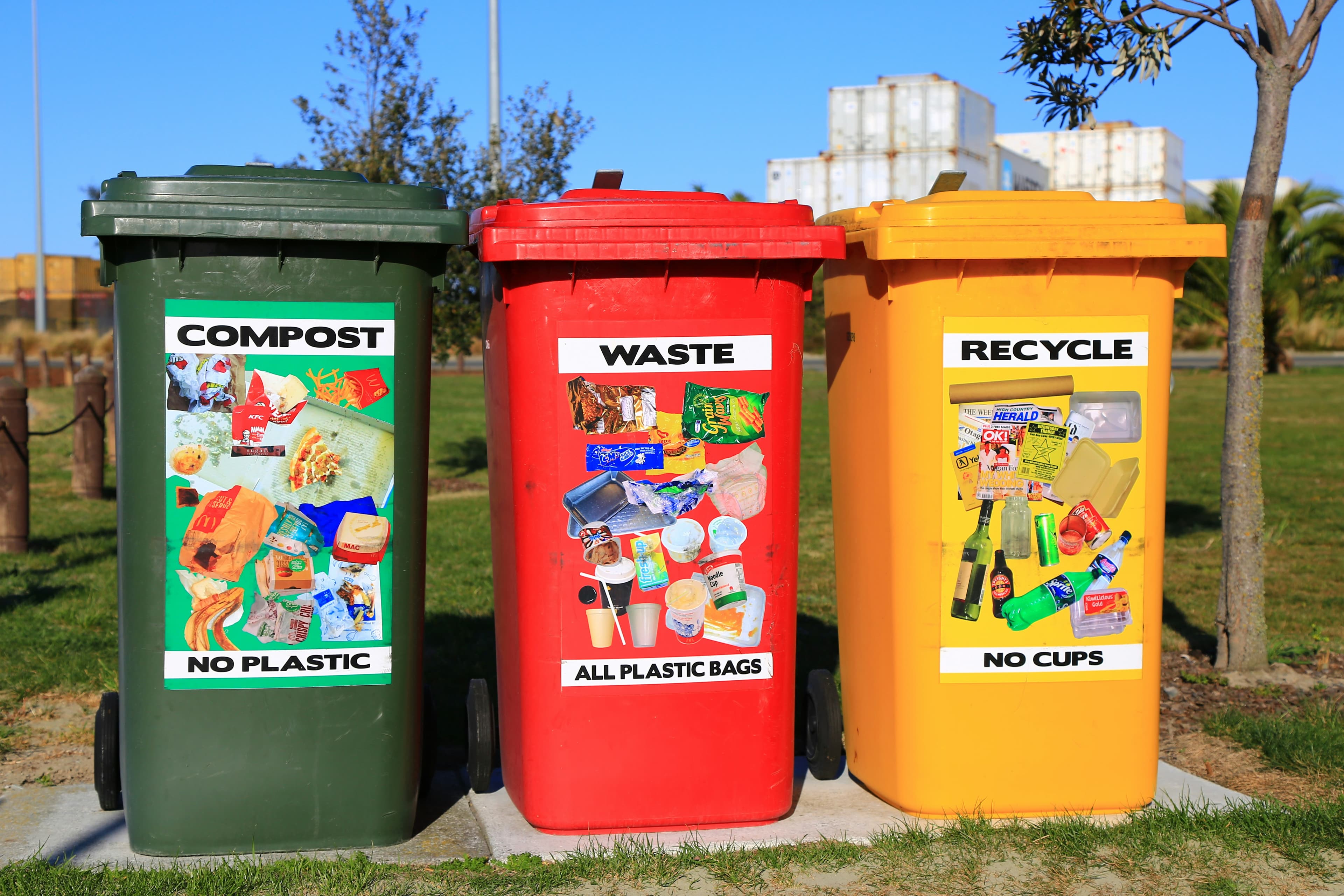Advance urban circularity through inclusive waste management
 Ambipar Group
Ambipar Group CEBDS
CEBDS总结
Nationwide initiative enabling cities to adopt circular economy models through social inclusion, waste valorization, and scalable reverse logistics.
Context
In Brazil, urban areas face challenges in managing waste sustainably while ensuring social inclusion for informal waste workers. The adopting company launched the Circular Cities initiative to foster a circular economy at the municipal level. By applying Ambipar Social Technology, the project transforms waste into social and economic value, builds local capacity, and strengthens public-private collaboration. The program aligns with national waste management goals and the UN Sustainable Development Goals (SDGs) for responsible production and sustainable cities.
Location of the initiative: Brazil — multiple municipalities across São Paulo, Paraná, and other regions
Solution
The Circular Cities initiative applies a replicable, scalable model for circular urban systems built around five key pillars:
Diagnosis
– Identification of local needs and mapping of recyclable material flows.
Training
– Capacity-building for public officials to implement waste management policies.
Strengthening Cooperatives
– Professionalization of sorting units through Ambipar Social Technology.
Integration
– Connecting municipalities to create interlinked recycling ecosystems and reverse logistics networks.
Social Franchise Model
– Standardized operational management for cooperatives, enabling replication across cities.
Over five years, the program supported the creation of regulatory frameworks, strengthened local cooperatives, and developed municipal selective waste collection plans—turning cities into inclusive circular ecosystems.
Impact
Sustainability Impact
Climate
The initiative contributes to reduced greenhouse gas emissions by diverting waste from landfills and promoting recycling at scale. Processing exceeds 6,000 tons of recyclable materials per project per year.
Nature
Supports resource conservation through circular material flows, reduces land degradation, and lessens the environmental footprint of municipal waste.
Social
Directly impacted 7,248 people across seven municipalities through employment, income generation, and technical training. Average cooperative income reached R$2,075.66, 37% above Brazil’s minimum wage. Conducted 1,039 technical training sessions and 41 exchange experiences, fostering inclusion and skill development.
Business Impact
Benefits
Strengthened municipal waste systems and created resilient local economies.
Improved operational efficiency in cooperatives
Supported creation of 7 recycling centers, 6 social franchises, and 5 accelerated cooperatives
Contributed to policy innovation with 3 new regulatory frameworks and 3 selective collection plans
Costs
Investments focused on cooperative infrastructure, training, and governance capacity. Shared financing with municipalities and partners ensured financial sustainability. Operational efficiencies and improved material recovery provided long-term economic returns.
Implementation
Typical Business Profile
Relevant for municipalities, waste management companies, and organizations seeking to integrate circular economy and social impact in urban systems.
Approach:
Diagnose waste management gaps and local socioeconomic needs
Provide training to local officials and cooperative leaders
Implement Ambipar Social Technology to professionalize sorting units
Establish intermunicipal cooperation for reverse logistics
Launch social franchises to scale the model nationally
Stakeholders Involved
Project Leads: Ambipar Group Sustainability Division
Company Functions: Environmental Services, Social Responsibility, Training and Education
Main Partners: Municipal governments, local cooperatives, and recycling networks
Other: Community associations, social enterprises, and NGOs
